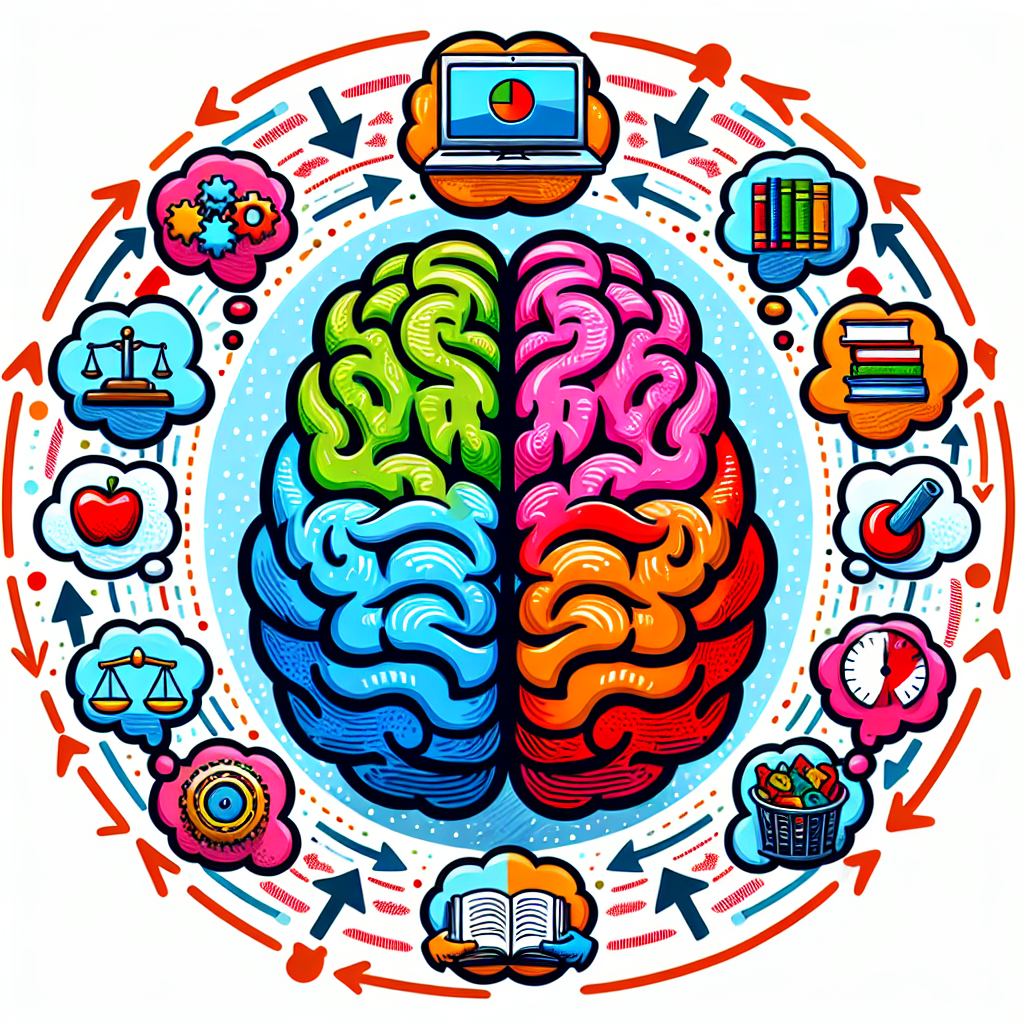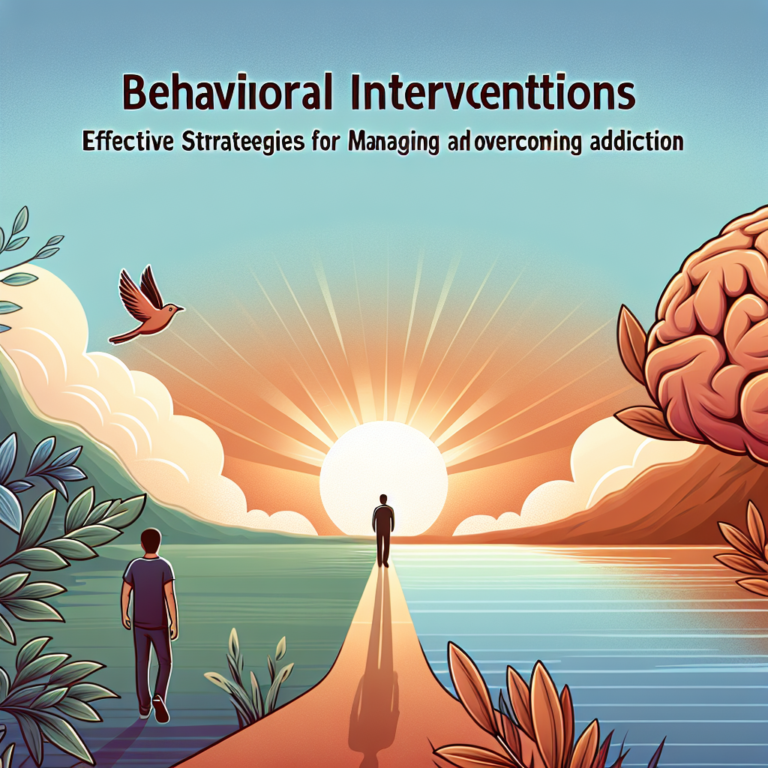
The Ultimate Guide to The Power of Habits: Understanding Behavior Change Through Behavioral Psychology
Introduction
Imagine waking up every morning filled with excitement to take on the day, driven by positive routines that propel you toward your goals. This scenario might seem like a distant dream to many, but it’s not unattainable. The key lies in understanding The Power of Habits: Understanding Behavior Change Through Behavioral Psychology. Habits shape our lives, both positively and negatively. They influence decisions, impact health, and guide emotions. This transformative journey into the psychology behind habit formation and behavior change will reveal how you can harness this power to foster meaningful change in your life.
The Role of Habits in Our Lives
What Are Habits?
At their core, habits are automatic behaviors or routines that occur frequently in our daily lives. They can be as simple as brushing your teeth each morning or as complex as exercising regularly. According to psychologists, habits form through a process known as the habit loop, comprising a cue, routine, and reward. The repetitive nature of this cycle sets the foundation for habit formation.
The Impact of Habits on Behavior
Understanding The Power of Habits: Understanding Behavior Change Through Behavioral Psychology begins with recognizing the substantial impact of habits on our behavior. Research shows that about 40% of our daily actions are habitual. These ingrained patterns not only dictate our choices but also shape our identities. For instance, a person who identifies as a "runner" is likely to have running as a habitual part of their routine, impacting their lifestyle and health profoundly.
| Habit Loop Components | Description |
|---|---|
| Cue | Trigger that starts the habit |
| Routine | The actual behavior or action |
| Reward | The benefit received after completing the routine |
The Science Behind Habit Formation
The Brain’s Wiring
Our brains are wired to prioritize efficiency. This is why habits form to reduce the cognitive load on decision-making processes. According to Charles Duhigg in his book, The Power of Habit, once an action becomes a habit, it is transferred to the basal ganglia, a part of the brain responsible for procedural memory. This means that habits operate outside of our conscious decision-making, which can both help and hinder our goals.
Behavioral Psychology Insights
Behavioral psychology plays a pivotal role in the understanding of habits. Theories such as operant conditioning highlight how rewards can reinforce certain behaviors. When we experience a reward for a specific action, our brain releases dopamine, making us more likely to repeat that action in the future. This mechanism underscores the significance of incorporating rewards into habit formation strategies.
Case Studies Illustrating The Power of Habits
Case Study 1: The Smoking Cessation Journey
A group of researchers conducted a study to understand smoking cessation through behavioral psychology. They found that individuals who replaced smoking with a healthier substitute—such as chewing gum—experienced a significant reduction in cravings. By modifying the habit loop, these participants could disrupt the automatic response to stress-related cues, ultimately leading to long-term cessation.
Analysis: This case study highlights how understanding The Power of Habits: Understanding Behavior Change Through Behavioral Psychology can help individuals modify harmful habits by implementing substitutes, thus fostering positive change.
Case Study 2: The Weight Loss Challenge
In a community weight loss program, participants who tracked their eating habits and set specific goals showed a remarkable increase in motivation. The use of daily journals served as a cue, while small reward systems—like recognizing progress or receiving a badge—reinforced their weight loss routines.
Analysis: This shows how habitual tracking and positive reinforcement can facilitate behavior change and demonstrate the effectiveness of structured approaches in modifying long-term habits.
The Five Stages of Behavior Change
Understanding the stages of behavior change can greatly assist in habit formation. These stages include:
- Precontemplation: The individual is unaware of the need to change.
- Contemplation: The individual recognizes the need for change but has not yet committed.
- Preparation: The individual plans for change.
- Action: The process of changing behavior begins.
- Maintenance: The individual works to sustain the behavior change over time.
Each stage presents unique challenges and strategies that can be applied in the context of The Power of Habits: Understanding Behavior Change Through Behavioral Psychology.
Strategies for Developing Positive Habits
Set Clear Intentions
Creating specific and actionable goals can significantly enhance your ability to form new habits. Instead of saying, "I want to exercise more," specify, "I will run for 30 minutes every Monday, Wednesday, and Friday."
Use Habit Stacking
A technique popularized by James Clear in Atomic Habits, habit stacking involves attaching a new habit to an existing one. For example, if you already have a habit of making coffee each morning, you could stack a habit of meditating for five minutes immediately after brewing your coffee.
Create Accountability Systems
Surrounding yourself with like-minded individuals can create accountability. Whether it’s a workout buddy, a mentor, or a support group, sharing your goals with others motivates you to stay on track.
| Strategy | Description |
|---|---|
| Set Clear Intentions | Define specific, measurable, and achievable goals. |
| Habit Stacking | Attach a new habit to an existing behavior for seamless integration. |
| Accountability | Use social connections to promote compliance and motivation. |
Common Roadblocks to Habit Formation
Lack of Motivation
A primary barrier to habit formation is the absence of motivation. Strategies to combat this can include visualizing the long-term benefits and celebrating small successes along the way.
Burnout from Change
Changing too many habits simultaneously can lead to burnout. Start small and focus on one change at a time to increase the chance of success.
Environmental Triggers
The environment can significantly impact habits. Identifying and modifying cues in your surroundings that lead to undesired habits is crucial. For instance, if binge-watching TV is a problem, create physical barriers by storing your remote control in a different room.
Conclusion
Embracing The Power of Habits: Understanding Behavior Change Through Behavioral Psychology is not merely an academic pursuit—it’s a transformative journey toward personal improvement. Habits govern our daily lives, often without our conscious awareness. By recognizing the underlying psychology of habit formation and applying strategies to foster positive behaviors, you can radically change your life.
As you embark on this journey, remember: small changes lead to significant results. Start today, and you’ll soon discover that you possess the power to shape your habits and, consequently, shape your life.
FAQs
1. What are the main components of a habit?
The main components of a habit are the cue (trigger), the routine (behavior), and the reward (benefit received).
2. How long does it take to form a new habit?
While it can vary, research suggests it takes an average of 21 to 66 days to form a new habit, depending on the complexity of the behavior.
3. Can bad habits be unlearned?
Yes, bad habits can be unlearned by identifying cues and replacing them with healthier routines, often through the process of habit modification.
4. How important is self-discipline in habit formation?
Self-discipline can be crucial in the early stages of habit formation, but once habits become established, they often require less conscious effort.
5. What role does environment play in habit formation?
Your environment can significantly influence your behaviors. Modifying cues in your environment can facilitate or hinder the formation of new habits.
In compelling fashion, this article shines a light on the significance of understanding The Power of Habits: Understanding Behavior Change Through Behavioral Psychology. Remember, the journey to creating a better version of yourself is driven by the habits you cultivate daily. Start your transformation today!















